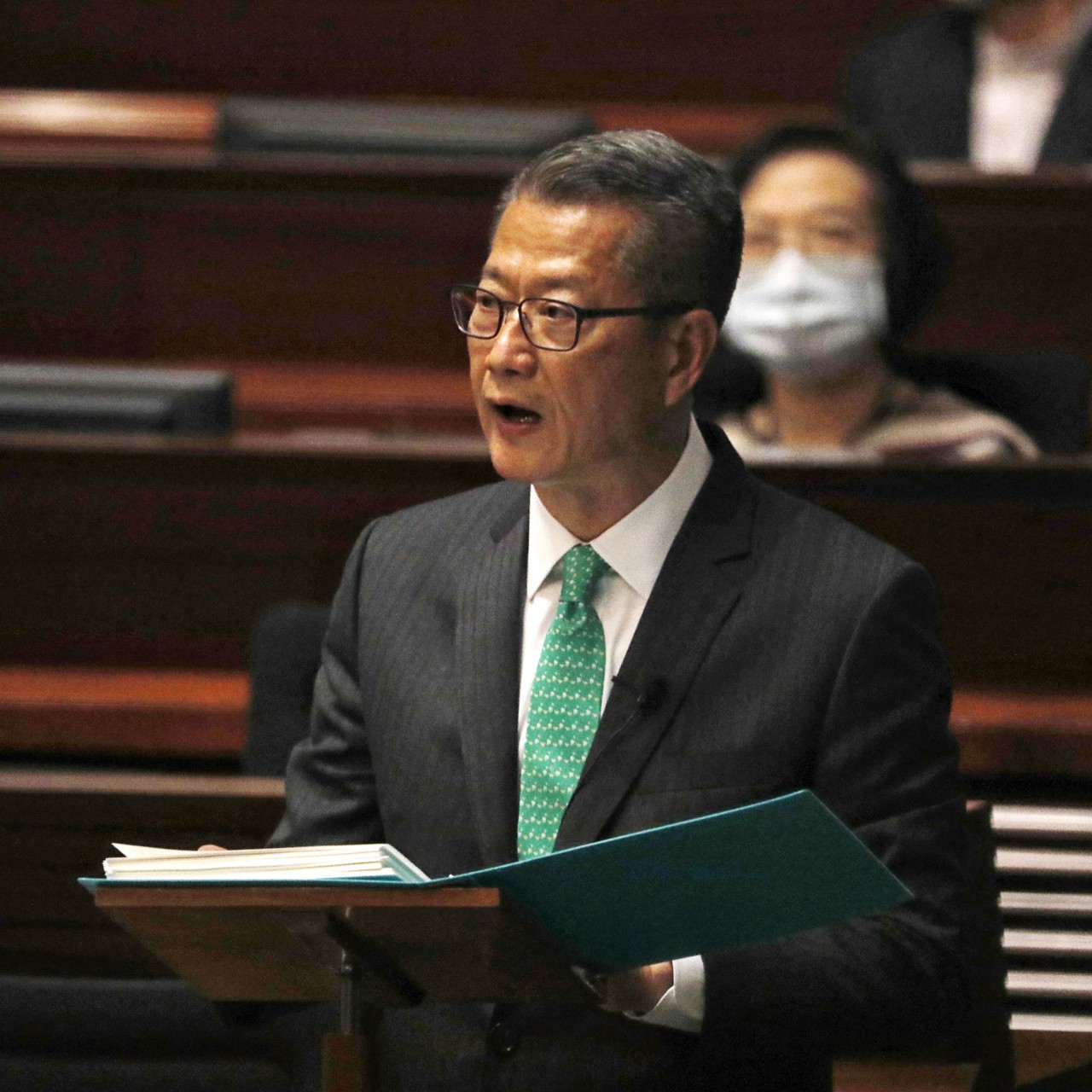The implementation over the next couple of years of a new accounting standard to recognise, measure, present and disclose information related to insurance contracts could pose significant challenges to the insurance industry but could also lead to a virtuous cycle that helps all stakeholders, including investors.
IFRS 17, Insurance Contracts was first released in May 2017 and amended in June 2020 to push back the implementation deadline to the beginning of 2023. Regulators in mainland China and Hong Kong SAR have taken different pathways to adopting the new standard, which has resulted in a patchwork of approaches and timelines.
By the time the standard, in its local variations, is fully implemented in 2026, the reporting carried out by insurance companies in both mainland China and Hong Kong should be more transparent and comparable – two things investors big and small look for.
Different approaches
Hong Kong’s approach to IFRS 17 – which will replace the temporary IFRS 4 – is similar to the one used in the European Union – the biggest IFRS Standards endorsing jurisdiction – as well as the UK, Singapore and Malaysia. The Hong Kong Institute of Certified Public Accountants adopted IFRS 17 – word-for-word – in January 2018, although it changed the name to Hong Kong Financial Reporting Standards No.17 (HKFRS 17).
Mainland China, on the other hand, is using a convergence approach similar to the one used in Japan. The Ministry of Finance issued a revised draft of its Chinese Accounting Standard 25 (CAS 25) in December 2020 that aligns the mainland’s accounting requirements for insurance contracts with IFRS 17.
Mainland China has taken a staggered approach to adopting the new standard, with listed insurance companies expected to adopt by 1 January 2023 and all other companies by the beginning of 2026.
Regulators have taken different pathways to adopting the new standard, which has resulted in a patchwork of approaches and timelines
Hurdles to implementation
The process of implementing IFRS 17 comes with challenges.
‘We should not underestimate the potential complexity of the new requirements since, especially for insurance companies, this will involve significant changes to their existing accounting practices,’ says Simon Riley, director and head of financial reporting advisory at BDO.
‘There will be a foreseeable “implementation squeeze”, with insurance companies competing for the requisite human resource expertise in implementing IFRS 17 in terms of technical accounting knowledge but also in systems modification, testing and implementation, all within a relatively short space of time.’
Cost is also a concern, along with the uneven use of technology in finance functions.
‘Coupled also with changes to capital regimes, and with the fact that both Hong Kong and mainland China have many small insurers, this is something that impacts these markets more than ones where IFRS 17 is only mandatory for a part of the industry’, says Erik Bleekrode, partner and head of insurance at KPMG China and Asia Pacific.
‘Some will say this is also caused by the fact that companies need to catch up on 20 years of relative underinvesting in finance functions; the pressure on cost, especially in economically difficult times like we live through today, is important.’
Insurers will also have to prepare for the upcoming risk-based capital regime that kicks in around the same time as IFRS 17, even as they work to adapt to the regional and global nature of their business.
‘IFRS 17 implementation teams will need to consider the specific product features not only in Hong Kong, but in other Asian markets as well, and the need to align with international practices,’ says Tze Ping Chng, partner and EY Greater China insurance consulting leader.
Unexpected side-effect
Mainland China has some experience implementing complex IFRS regulations in stages and the solutions for compliance could also become cheaper for smaller companies, thanks to the extra three years they have to implement the new standards. But the staggered deadlines could have an unexpected side-effect.
Companies looking to list on a Chinese stock exchange will have to become IFRS 17-ready before they can go public. Failure to do so could delay plans for initial public offerings.
And there is another potential problem. The staggered approach gives companies in mainland China more time but it could also spread the available talent in the market.
Hong Kong, where many regional and global insurance companies are based, has chosen to adopt the new standard across the board by 1 January 2023. The single date implementation means that ‘Hong Kong companies are further along than mainland Chinese companies as they have no choice but to be ready by 2023’, says Francesco Nagari, global insurance IFRS leader at Deloitte.
Tight timeline
Even with the single implementation date, not all of the many Hong Kong insurers are at the same stage of implementation. The timeline is tight and the process could be costly, particularly for smaller insurers. Still, the process is generally well under way and is likely to pick up speed this year.
‘Some began preparations several years ago, while some smaller insurers are still choosing the system needed for their IFRS 17 calculations,’ says Erik Bleekrode, partner and head of insurance at KPMG China and Asia Pacific.
‘Regardless of size, 2021 will be a big year for all of them, and the key themes for the year will be about implementing and testing systems, doing dry runs to test and understand numbers, planning and calculating the 1 January 2022 opening balance sheet, and preparing business-as-usual teams for taking the process over from the project.’
Early days
Simon Riley, director and head of financial reporting advisory at BDO, says that annual reports coming out over the next few months will provide a clearer picture of where the implementation process is at, but it may be ‘slightly too early’ for an updated picture, as financial statements must disclose information regarding the implementation of standards that are currently not in place.
The first numbers under IFRS 17 could be available to investors in Hong Kong by the end of 2022 and their focus will likely be on whether equity or profit are up or down when restated under the new standard, Nagari says.
More comparability
Regardless of how those numbers work out, the implementation of IFRS 17 should make insurance businesses more comparable with each other and the rest of the economy.
Comparability could lead to greater demand for insurance stocks and lower the cost of capital for insurance companies. These two factors may lead to a virtuous cycle that benefits all stakeholders, including insurance policy holders.
‘IFRS 17 is expected to provide more useful financial information for the insurance companies in terms of their profitability, risks and changes in their insurance obligations. The improved transparency and disclosure are expected to contribute to the long-term financial stability of the industry,’ says Tze Ping Chng, partner and EY Greater China insurance consulting leader.
‘Some insurers are also revisiting their current reporting systems and processes during the IFRS 17 development and enhancing controls,’ says Steve Cheung, associate partner, EY financial services consulting.
And even though the deadlines are still years away, time could be an issue.
‘Many of the smaller insurers who have not started their projects or are in very early stages will have to work hard at catching up over the next two years,’ says Bleekrode.

